
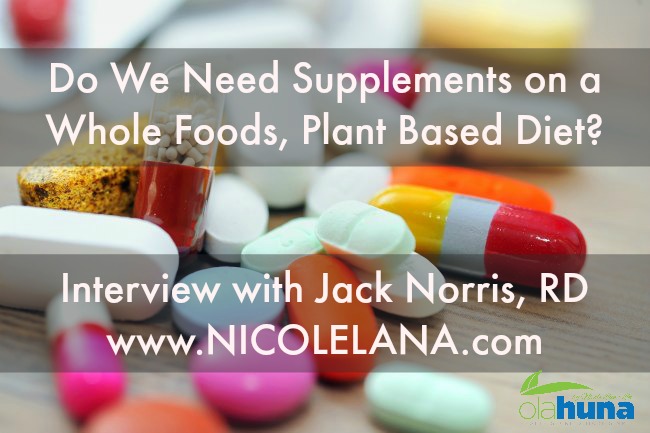
So, should you take vitamin supplements?
Or is eating a whole foods diet sufficient?
The debate rages among doctors, nutritionists, health experts, and anonymous people online.
And we’ve already discussed Dr. Greger’s viewpoint here.
However, to get another perspective, I’ve invited Jack Norris, a Registered Dietitian, Co-founder of Vegan Outreach, and Co-Author of “Vegan For Life: Everything You Need to Know to be Healthy and Fit on a Plant-Based Diet” again to discuss the role of supplements in our diet.
Since many of you have been asking me about what vegan supplements to take, and how to obtain your nutrients without supplements, I thought it’d be best to to address this topic with two posts. While I always aim to over-deliver, I don’t want to lose your attention 😉
We’re going to talk about:
- All you need to know about vitamin B12 – what vitamin B12 is, the form you need to take it in, and why you need to take B12 if you are vegan ( Hey, meat eaters can also be deficient in B12 so read on)
- Where to obtain iodine, a mineral essential for the production of thyroid hormones that regulate growth and metabolism
- How to get your calcium, greens that allow you to absorb calcium well (and why certain greens may not be best for calcium absorption), and other healthy sources of calcium
Got Vitamin B12?
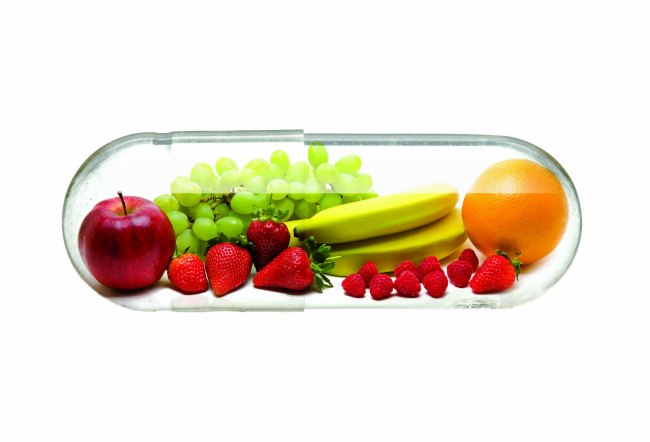
Q: Many people are worried that non-meaters, vegans in particular, may not have enough nutrients. What nutrients do you think vegans need to be aware of?
Jack Norris, RD: Vitamin B12 is the most obvious one – it is not made by plants but it can occasionally be found in plants due to soil contamination.
Vitamin B12 is made by the bacteria that lives in the lower intestine of animals. B12 is actually made in our intestines, but it is too far down for us to absorb it.
A food could be contaminated with these bacteria and therefore have vitamin B12. There’s no way to know and you can’t rely on that.
Basically what it comes down to is that vegans need to take vitamin B12 supplements or vitamin B12 fortified foods.
If you go to veganhealth.org it will show you a number of different ways that you can get enough B12.
- Eat vitamin B12 fortified food twice a day
- Take a supplement of 25-100 mg a day, or take a 1000 mg supplement 3x a week
Again, B12 is the only supplement that you absolutely need if you’re vegan.
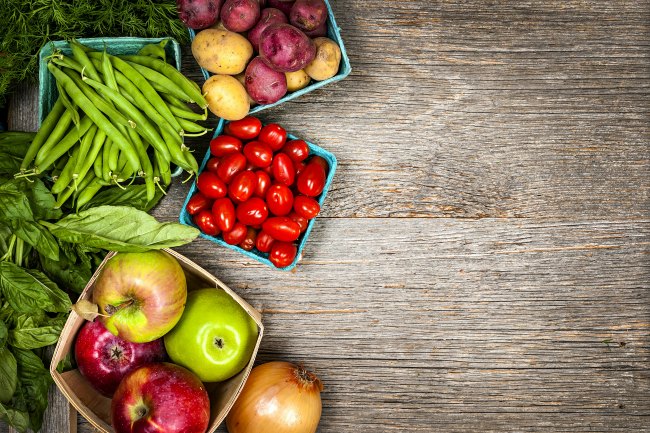
Q: Are there particular forms you recommend if people want to take a B12 supplement?
Jack Norris, RD: There are 4 common forms of B12:
- Cyanocobalamin
- Adenosylcobolamin
- Methylcobalamin
- Hydroxocobalamin
Cyanocobalamin is the most common and stable form of B12, and it is used in most supplements and fortified foods. Cyanocobalamin is well absorbed, reliable, and well studied.
Adenosylcobolamin and methylcobalamin are the co-enzyme forms – the forms in which B12 is used by the body. When you take in B12, your body has to convert it into one of these 2 in order to use it. Some tissues have to convert into methylcobalamin and others have to convert into adenosycobolamin. So your body needs both.
The other forms are not well studied. And methylcobalamin, which we will get into, has been promoted in alternative health circles lately.
If you go back 10 years, adenosylcobolamin was the one most promoted in the alternative health community.
And hydroxocobalamin has been the main B12 used for injections. Generally, most people can take any of those forms and convert them into other forms.
Some people claim they do better on methylcobalamin though I’m skeptical of claims like that.
The health food industry is heavily promoting methylcobalamin but I don’t see the need for most vegans to take it.
If you listen to alternative health practitioners, you can get one side saying vegans don’t need vitamin B12, and you can get the other side saying that we not only need B12, we must have the methylcobalamin form, which is more expensive than the cyanocobalamin.
I don’t agree with either; cyanocobalamin is just fine for most people and is least expensive.
Q: What about other supplements?
Jack Norris, RD: As I’ve mentioned before, I think vegans only need to take B12 supplements.
For anything else I recommend, you can get through foods, but you have to make sure you are doing it.
These are the nutrients that can be a problem.
#1: Iodine

Take iodine as an example.
If vegans are not eating seaweed or iodized salt, then they should be taking an iodine supplement.
You can get iodine through seaweed, but it must be eaten 2x a week.
Iodine is not always found it food; it depends on the soil the food was grown in.
Some foods are grown in soil without iodine. You just never know.
A study from Boston showed vegans on average aren’t getting enough iodine.
#2: Calcium
Calcium is another real important one that vegans should be paying attention to and aren’t.
You can get calcium in leafy greens, but you have to eat quite a bit of leafy greens each day. Many vegans are not eating enough calcium.
You need to be eating at least 3 servings of leafy greens a day, ½ cup cooked or a cup raw, and they have to be leafy greens that are low in oxalate.
Some leafy greens are high in oxalate and you’re *not* going to be able to absorb the calcium. Such greens include spinach and beet greens.
Greens that allow you to absorb calcium well
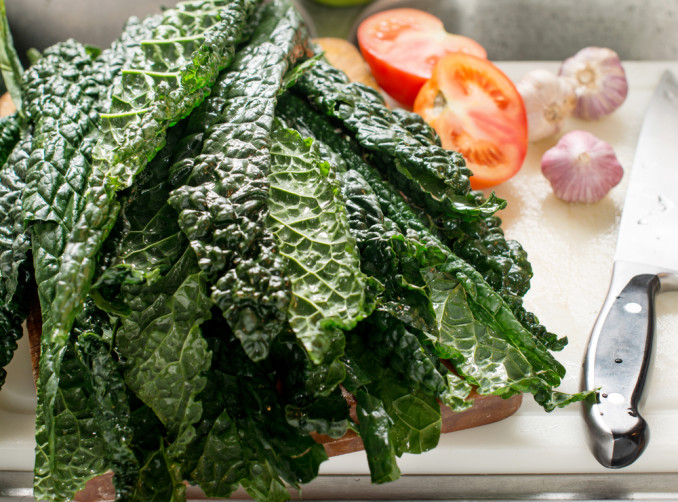
However, turnip greens, mustard greens, watercress and kale are relatively low in oxalate, and you can absorb the calcium well.
Other Ways to Get Calcium
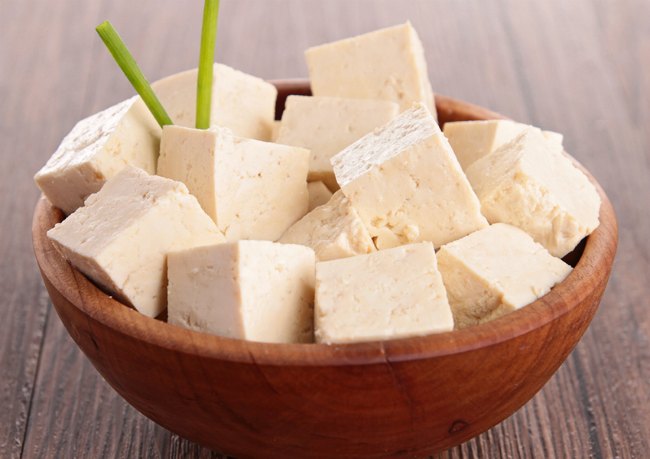
Calcium set tofu, calcium fortified nondairy milk, and orange juice are other ways to get it.
Dried figs are also high in calcium.
In Part 3 of this interview, we’ll be continuing this discussion on supplements and nutrients, and address:
- One nutrient that may be what you’re lacking if you’re always tired and don’t know what’s wrong, and what you can do about this
- How to get sufficient Vitamin A
- Omega-3 Supplements: Useful or not?
- Why creatine may not be necessary unless you’re an elite athlete, where a very slight boost in performance will make a significant difference
Stay tuned HERE for more on the next part of the interview!
P.S. If you’ve missed part one of Jack’s interview, check it out here.
About Jack Norris: Jack Norris is a Registered Dietitian, Co-founder of Vegan OutReach, and Co-Author of “Vegan For Life: Everything You Need to Know to be Healthy and Fit on a Plant-Based Diet.” Jack also started nutrition blogs at JackNorrisRD.com and VeganHealth.org.


